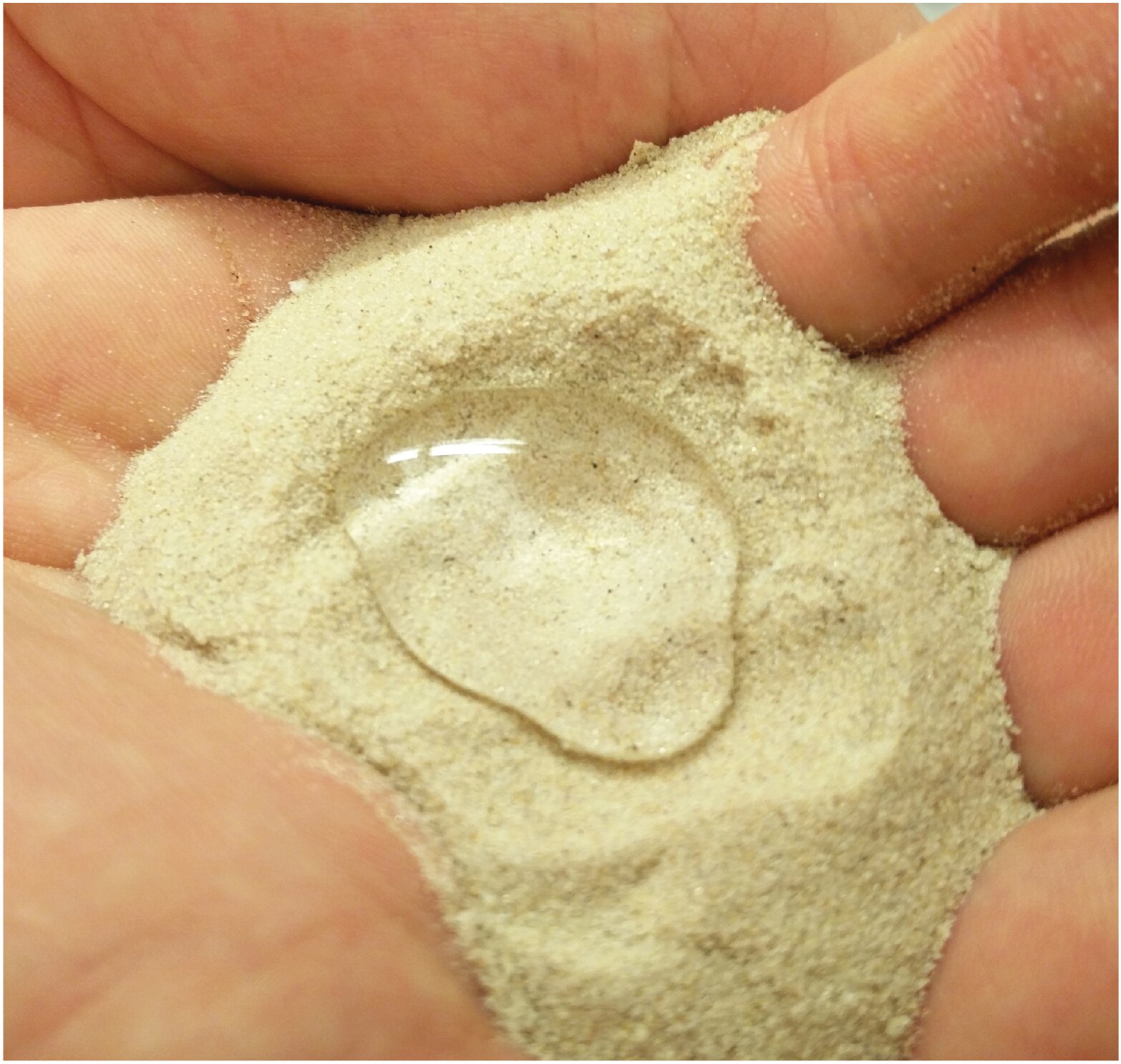The experiences we have with time is what keep us locked in our mental reality. No matter what we are doing, whether its work, school, hanging out with friends or driving a car, it always involves time. How we spend this time can literally affect how long it feels like.
Our perception of time changes with age, but it also depends on our emotional state. Neuroscientists are researching the brain cycles that control this sense.
We have a very straight forward structured and linear concept of time, but time seems to speed up as we get older — a phenomenon of which competing theories have attempted to make sense of. One, known as the “proportionality theory,” uses pure mathematics, holding that a year feels faster when you’re 40 than when you’re 8 because it only constitutes one fortieth of your life rather than a whole eighth.
Other theories hold it to pure experience. Time will seem rather slow if you spend your time doing things you don’t like because they are tedious. The question comes to mind, “how much more time will this take?”, therefore putting more emphasis on the time allotted. The opposite happens when you are experiencing positive emotions, giving the term “time flies when you’re having fun” much more realism. The reason behind it is because you are in a state of motivation, and no matter what the time is you are not focused on it. Instead you are trying to complete the action at hand, or just simply distracted.
As we age, not only does time seem to go faster, but we are more able to accurately estimate it. Babies and toddlers have no concept of time unless they are actively paying attention to it. Around the age of 5 and 6, a child can actively remember relatable experiences he encounters, like pulling a lever or drawing a picture, and the realization occurs that a single time continuum is different from individual actions. The awareness of time improves during childhood as children’s attention and short-term memory capacities develop, a process dependent on the slow maturation of the prefrontal cortex. To gauge the time required for a task, they must pay attention to it. But they must also memorize a stream of time-data without losing concentration. So children suffering from attention-deficit hyperactivity disorder find it hard to gauge time correctly.
It was previously thought that our concept of time was based on an internal body clock. While this does exist, it serves a different purpose. The internal body clock was thought to be our basic comparison to the standard clock by the rate of heartbeats, and that the faster your heart beat went, the slower time was perceived. While faster heartbeats can be caused by emotions such as fear, bringing about the negative emotion that seems to make time prolonged. Time perception does not really have anything to do with heartbeats.
Curiously, we are most likely to vividly remember experiences we had between the ages of 15 and 25. What the social sciences might simply call “nostalgia” psychologists have termed the “reminiscence bump”. It could very well be the reason why time seems to speed up after these years have passed.
All this talk of time might have you thinking, what is time? Well it’s just a construct of your mind. It doesn’t really exist without your mind to think about it. That’s why it’s so flexible to our age and experience, and also why time travel is theoretically impossible – you can’t travel on something that doesn’t exist! So spend some time thinking about that.






